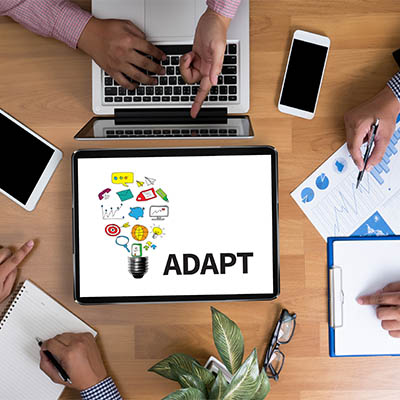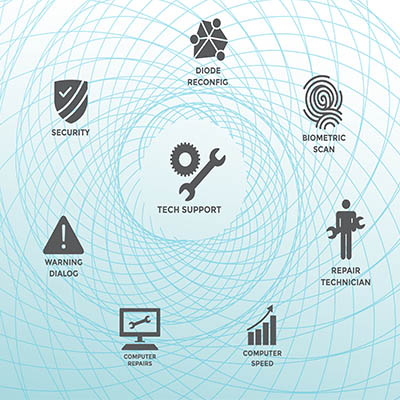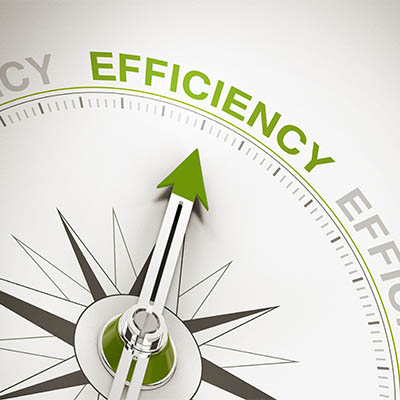Let’s be honest, we’re all living through some wild times. Social media is everywhere, and nearly everyone uses it to one degree or another. We’ve all seen a simple online discussion devolve into relationship-ruining conflict; and it happens fast. The key to not letting it wreck your life is to use these digital spaces with purpose.
This month, we’re dropping some simple tips to help you build a healthier, more meaningful online presence. Let’s get started:
Stop. Think. Then Post.
This is the golden rule. Before you hit the share button, run it through this quick filter:
Does this actually represent you? Your profiles tell your story. Make sure it’s one you’d actually be proud of. Would you be okay with anyone seeing this? A future boss, your nosy aunt, or a random person on the internet? Once it’s online, even on a private account, it can be screenshotted and live forever. It’s not going away.
Is it positive or helpful? Don’t get sucked into fights with trolls or spread negativity. Your corner of the Internet should be a place of respect and good energy. Every bit of positivity helps.
Your Feed = Your Brain
Your social media feed is like the soundtrack to your life. If you’re listening to angry, depressing music all day, you’re going to feel like crap. You have the power to change the song.
Mute the noise. Go through your following list and unfollow or mute anyone who makes you feel anxious, inadequate, or angry. That includes people who constantly complain, influencers with clearly fake lives, and news that just promotes pure panic.
Actively follow good stuff. Seek out accounts that inspire you, teach you a new skill, or simply make you laugh. Fill your feed with interests, not noise. Instead of posting something the second it happens, live in the moment first. Post the photo or video an hour later or even the next day. This keeps you present.
Make Your Privacy a Priority
These apps are designed to make you share everything, but you have to be smart about what you give away. Don’t share the sensitive stuff. No posting your home address, phone number, specific work or school location, or any other private details. Check photos carefully to make sure they don’t accidentally give this stuff away. Turn off geotagging. This feature tags your exact location, which is a huge security risk. Just disable it.
You have to assume everything is public. Privacy settings are a nice feature, but they aren’t foolproof. Just behave as if anything you post could be seen by the entire world. Seriously.
Engage with a Purpose
Social media isn’t just a place to broadcast your own life; it’s a tool for actual connection. Make your interactions matter. Don’t just hit Like. Leave a genuine comment. Ask a question, offer support, or actually contribute something constructive to the conversation.
If you’re running a business or a side hustle, use the 80/20 rule: 80% of your content should be informative, entertaining, or just fun, and no more than 20% should be you selling something. Any more and you won’t engage with the people you are trying to reach.
Just Log Off Sometimes
You have to know when to step away. Social media addiction is real, and that constant stream of notifications can totally tank your mental health. That’s before you consider all the things that are happening and the voices you are forced to hear.
You’ll want to set hard limits. Use your phone’s built-in tools (like Screen Time or Digital Wellbeing) to track how much time you spend on each app and then set a limit. If you make offline time mandatory, you’ll see more of the good in the world and won’t be stuck doom-scrolling.
Finally, check your mood. Pay attention to how you feel after using social media. If you feel stressed, anxious, or worse about yourself, it’s a clear sign you need a break. Go do something in the real world that actually makes you happy.
Social media can be great, in moderation. For more great technology-related content, keep coming back to our blog.







